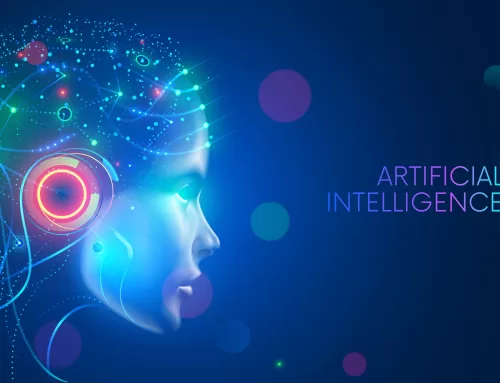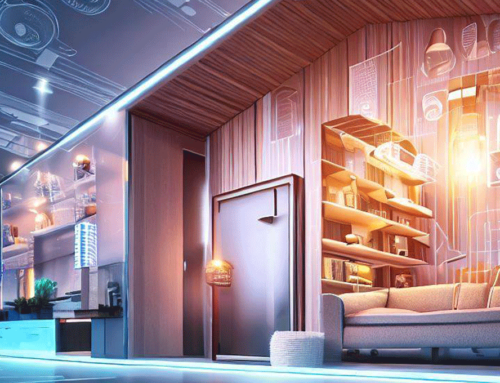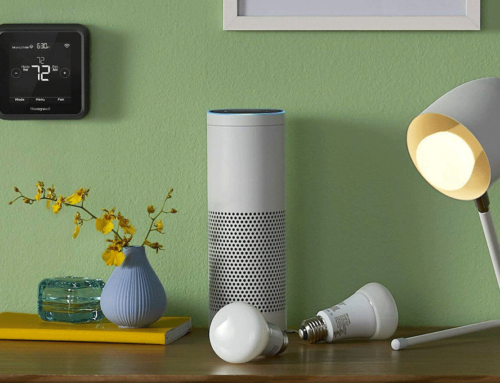The intersection of smart home automation and artificial intelligence (AI) is creating a fascinating and rapidly evolving landscape. As we look to the future, the integration of AI in smart homes promises to revolutionize the way we live, offering unprecedented convenience, efficiency, and personalization. Let’s explore the trends, benefits, and potential challenges that lie ahead in this exciting domain.
Trends Shaping the Future
Seamless Integration and Learning Capabilities
AI is advancing towards seamless integration with smart home devices, allowing for more intuitive and adaptive systems. Future smart homes will not just execute predefined commands but will learn from homeowners’ habits and preferences, optimizing their environment accordingly. Imagine a home that adjusts the lighting, temperature, and music based on your mood, detected through biometric signals or past behavior patterns.
Predictive Maintenance and Sustainability
AI-driven analytics will play a crucial role in predictive maintenance, identifying issues with appliances or systems before they fail. This not only extends the life of devices but also contributes to sustainability by optimizing energy use. Smart homes will be able to predict and adjust to energy consumption patterns, reducing waste and promoting greener living.
Enhanced Security and Privacy
Security is a critical aspect of smart home automation. AI will enhance home security systems with facial recognition, anomaly detection, and real-time threat analysis, ensuring homeowners’ safety and peace of mind. However, with great power comes great responsibility; thus, ensuring the privacy and security of data collected by smart devices will be paramount.
The Benefits of AI in Smart Homes
Convenience and Efficiency
AI-enabled smart homes offer unmatched convenience and efficiency, automating routine tasks and allowing residents to focus on what matters most. From intelligent assistants managing our schedules to smart appliances taking care of household chores, AI can significantly streamline daily life.
Personalized Experiences
The future of smart home automation lies in personalization. AI can tailor experiences to individual preferences, from adjusting the ambiance to suit one’s mood to recommending entertainment based on past likes and interactions. This level of personalization can enhance comfort and satisfaction within the home.
Health and Wellbeing
AI can also contribute to health and wellbeing by monitoring environmental factors and health indicators. For example, smart air purifiers can adjust settings based on air quality and personal health data, while wearable devices integrated with home systems can monitor vital signs and suggest adjustments for better sleep or relaxation.
Navigating Challenges
While the future of smart home automation and AI is promising, it also presents challenges that need to be addressed:
Privacy and Security
As homes become smarter and more connected, the risk of data breaches and privacy invasions increases. Ensuring robust security protocols and data protection measures is essential to maintain trust and protect individuals’ privacy.
Ethical Considerations
The integration of AI in homes raises ethical questions, such as the extent of surveillance and data collection permissible and the decisions AI systems are allowed to make. Setting clear boundaries and ethical guidelines is crucial to ensure technology serves humanity positively.
Technical and Economic Hurdles
Finally, widespread adoption of smart home technology faces technical and economic hurdles. Ensuring interoperability between devices, addressing digital divide issues, and making technology affordable and accessible to all are key challenges that need to be overcome.
Conclusion
The future of smart home automation intertwined with AI holds exciting possibilities that promise to transform our living spaces into more intuitive, efficient, and personalized environments. As we navigate the challenges and embrace the opportunities, we stand on the brink of a new era in home living, where technology and human experience harmoniously intersect. By fostering innovation and addressing ethical and practical concerns, we can create a future where smart homes enhance the quality of life for everyone.




Leave A Comment